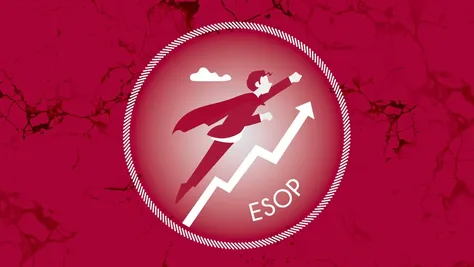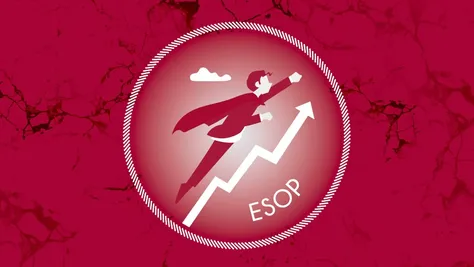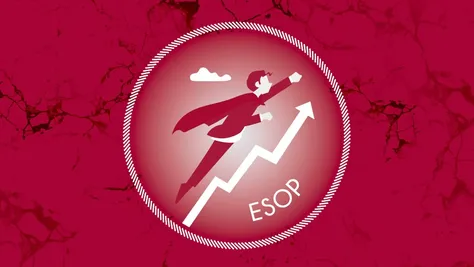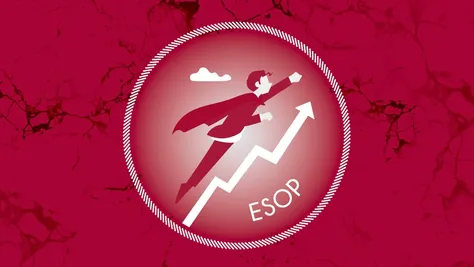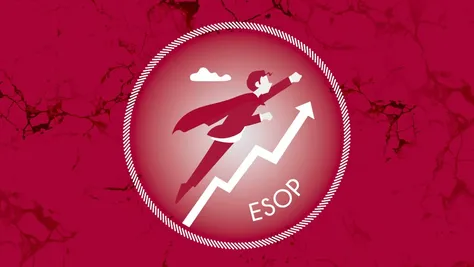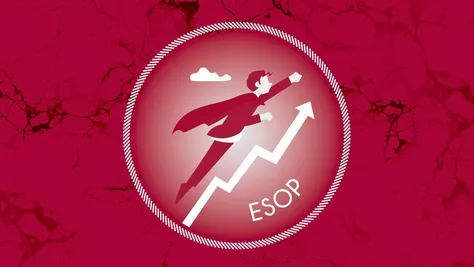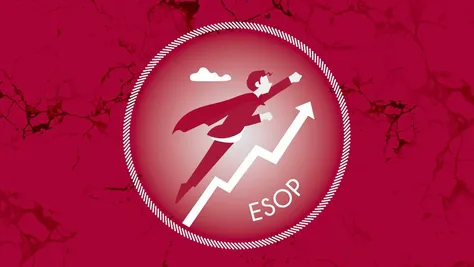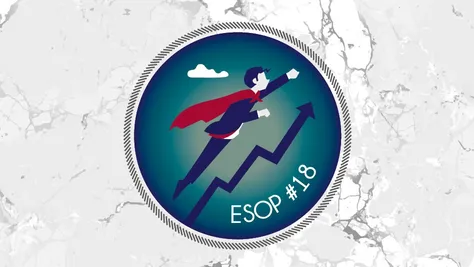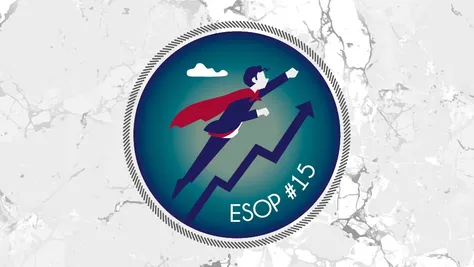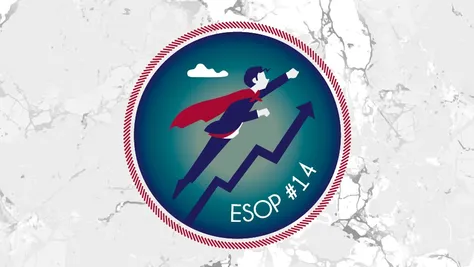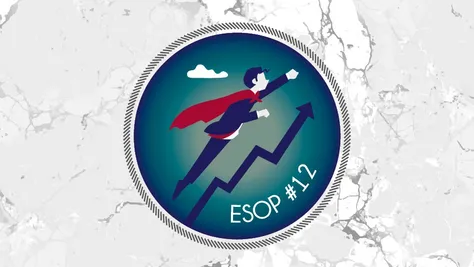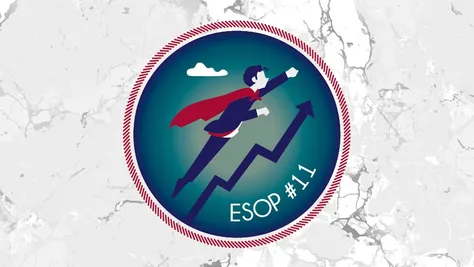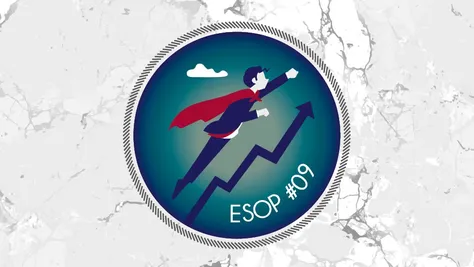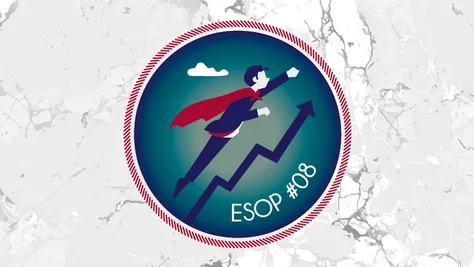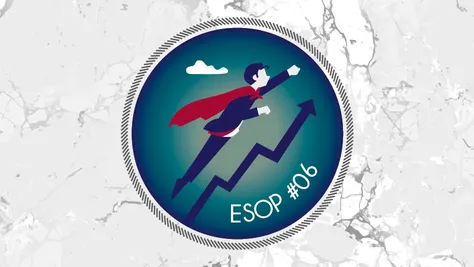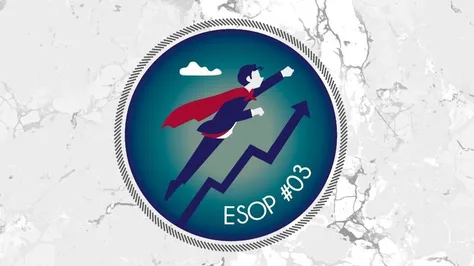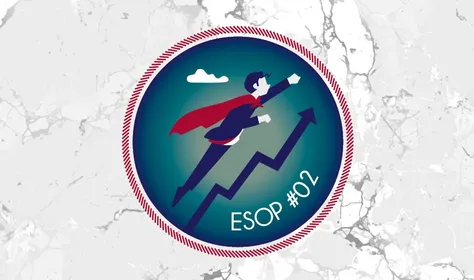My path to law was not at all straightforward. My mother suggested studying it in my fourth year at grammar school without much success - I told her then that she must be crazy and I went to study psychology. But a year and a half later I was already sitting in seminars at the Brno Law School. Without being quite aware of how I got there in the first place, I found a liking for paragraphs. Among all the legal disciplines, I was most passionate about business and especially corporate law, which is what I am currently focusing on. My enthusiasm in this area has not left me to this day.
barbora.brezna@havelpartners.czArticles by the author
ESOP Myths | Myth #7: ESOPs are not safe
In this post of our series on ESOP myths, we discuss the concerns about the safety of ESOPs for companies and their shareholders. It comes as no surprise that this, too, is merely a myth. ESOPs can encompass enforceable rules and additional mechanisms to ensure their proper functioning and enforceab
ESOP Myths | Myth #6: An ESOP is too expensive
The sixth issue of ESOP Myths will address and dispel the misconception that ESOPs are extremely expensive. The belief is merely a myth. Some ESOP structures can be costly and complex to establish and implement, but certain solutions exist that have relatively low time and financial requirements. It
ESOP Myths | Myth #5: ESOPs do not protect founders and the company from executive departures
Continuing our series of myths about ESOPs, we look at the widespread concern that ESOPs will not protect company founders from sudden executive departures. From our experience, we know that this is in fact yet another myth. ESOPs are a good tool to ensure long-term cooperation and to keep managers
ESOP Myths | Myth #4: ESOP is not a tool to ensure a company’s long-term viability
This issue of ESOP Myths aims to dispel the myth that an ESOP cannot ensure a company’s long-term viability and success after the founder's departure. It’s quite the opposite. An ESOP is a key tool for ensuring a business can continue operating even after its original founder retires or shifts focus
ESOP myths | Myth #3: ESOPs from the incorporator’s perspective – are they really intricate, and will they cause you to lose control?
Incorporators, like anyone else, may perceive ESOPs to be overwhelming, complicated, and intricate, even though this need not be the case. At the same time, more than anyone else, incorporators may be concerned about giving up part of their business to managers and about the perceived loss of contro
ESOP myths | Myth #2: ESOP rules are too complex for managers
In the first part of the ESOP myths series, we focused on the myth that employee stock ownership plans (ESOPs) are too complex from the perspective of founders and shareholders. It is true that the ESOP issue is robust and complex and can feel overwhelming. Shareholders and managers may often believ
ESOP myths | Myth #1: ESOP is too complex
ESOPs are often fraught with various myths and ensuing concerns, which we have decided to debunk. In the first part of a new series from the world of employee stock ownership plans (ESOPs) with the subtitle “myths”, we will take a look at one of the most common ones. That myth involves the concern o
Collections of corporate laws judgments of the month 2020–2023
Each month since May 2020 on LinkedIn, we have introduced you to a judicial decision in corporate law, carefully selected from the Supreme Court’s extensive decision-making practice. We always summarise for you those Supreme Court decisions that have a significant impact on the business life of corp
Lex ESOP #6 | Tax Consequences of An Employee Stock Ownership Plan (ESOP)
In the very end of our Lex ESOP series, we will leave the “territorial waters” of corporate law and focus this time on ESOPs through the lens of tax law. In this post, we will introduce ESOPs through the lens of tax consequences and together we will look at the issue of commencement and termination
Lex ESOP #05 | Joining and leaving an ESOP
In the previous posts, we introduced the basics of the main options of employee stock ownership plans (ESOPs), namely the option without an equity interest, the option with an equity interest (and its sub-options), and the issue of different types of shares and their creation. It is now time to intr
ESOP's leadership #5 | Never underestimate motivation #4 | How to motivate managers to want to participate in ESOPs?
Do you think there's been enough motivation? No way! Employee stock ownership plans (ESOPs) comprise 90% of the motivation and the rest is the appropriate legal and tax structuring.
Lex ESOP #04 | ESOP with an equity interest
Having read the previous articles on the basic types of ESOPs, you are already familiar with ESOPs without an equity interest established through a contract on the performance of office, as well as with the possibility of implementing an ESOP by issuing innominate securities, including their compari
ESOP’s leadership #4 | Never underestimate motivation #3 | How employee motivation is passed on across the company
In the previous episodes of ESOP’s leadership, we focused on the motivation of managers from various perspectives of the stakeholders involved – we described what should motivate the founder to implement the ESOP, and also how the ESOP can motivate the individual managers involved in it. We are goin
Lex ESOP #03 | Securities vs. shareholding
In the third issue of Lex ESOP, we are abandoning the contractual establishment of an employee stock ownership plan, moving on to generally more sophisticated and robust solutions. These are ESOPs based on (debt) securities and shareholding. What should be considered in relation to these options? Wh
ESOP’s leadership #3 | Never underestimate motivation #2 | How an ESOP motivates managers individually
In the last episode, we had a chance to peek into our manager motivation at our firm, and together with Jaroslav Havel we summarised the basic theses and principles of what we think about the employee stock ownership plan right here at HAVEL & PARTNERS. Today, I would like to show you an ESOP from t
Lex ESOP #2 | How to set up an ESOP without an equity interest?
In the previous article in the Lex ESOP series, we briefly introduced individual types of employee stock ownership plans (ESOPs). In this part, we will present one of them, namely an ESOP without a managers’ equity interest. This type of an ESOP can be established relatively easily in its basic set-
Lex ESOP #01 | Introduction & basic options of employee stock ownership plans (ESOPs)
Employee stock ownership plans (ESOPs) are increasingly being talked about in the domestic context. However, the concept imported mainly from the other side of the Atlantic logically carries with it certain specifics that cannot be easily transposed to the Czech context. The following parts of the "
ESOP’s leadership | Never underestimate motivation #1 | Founder's motivation – why want an ESOP?
Employee stock ownership plans (ESOPs) enjoy considerable popularity on both sides of the Atlantic. They give employees the opportunity to acquire a participating interest in the company in which they work under various conditions. In this way, they will receive shares in the company and related ben


